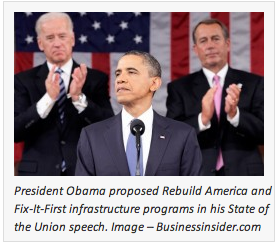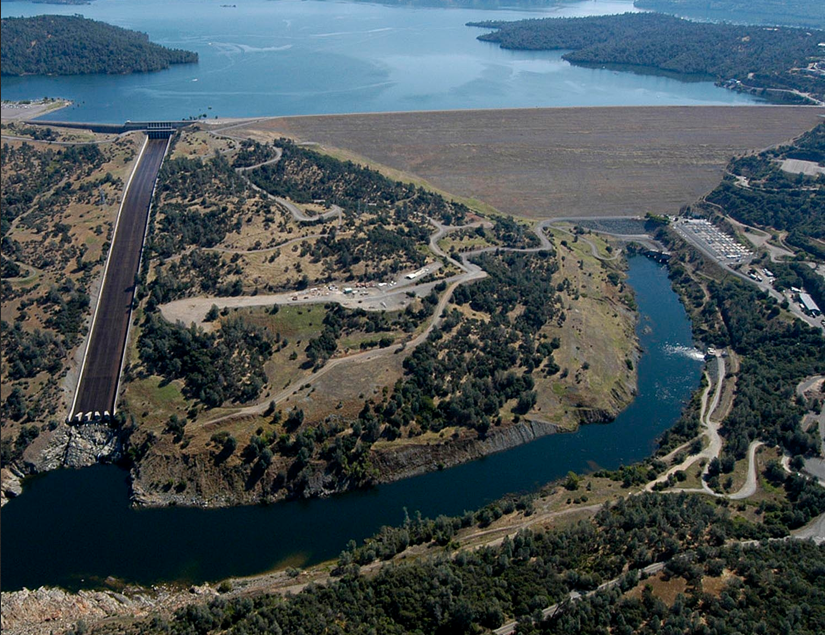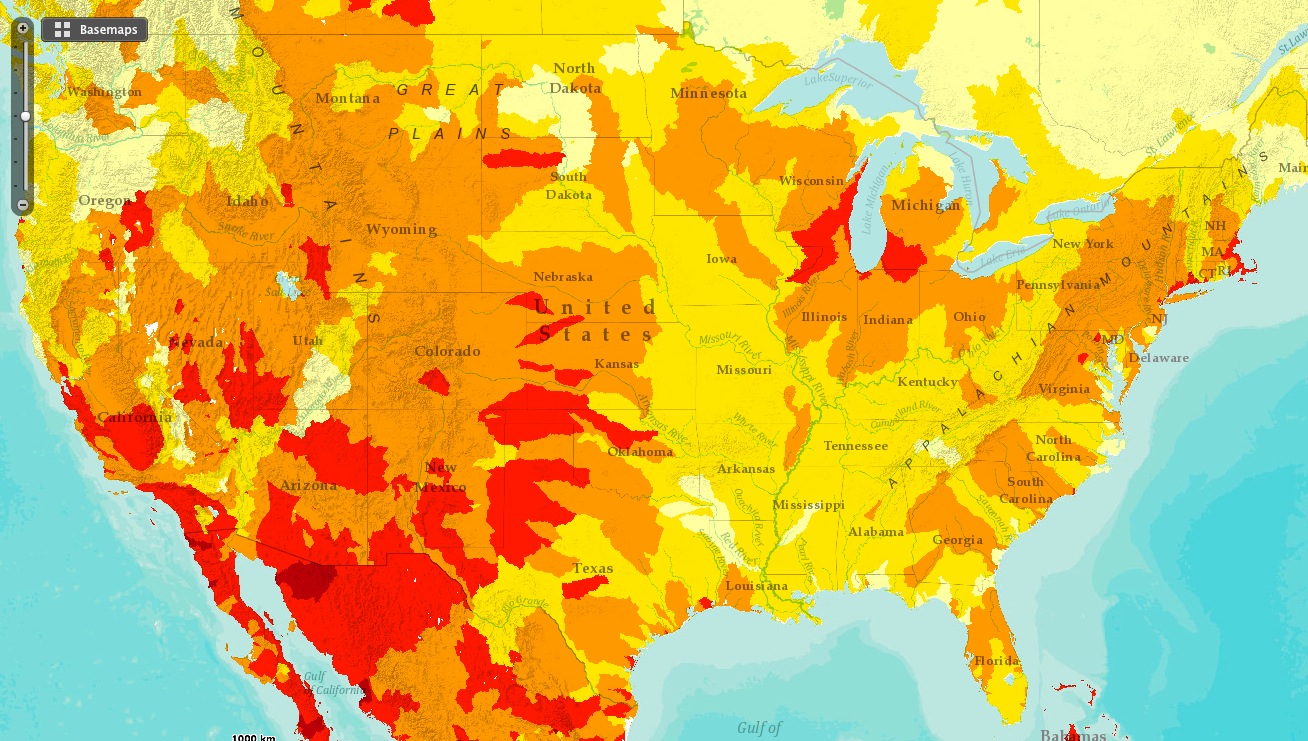
AMERICAN SOCIETY OF CIVIL ENGINEERS
Once every four years, America’s civil engineers provide a comprehensive assessment of the nation’s major infrastructure categories in ASCE’s Report Card for America’s Infrastructure (Report Card). Using a simple A to F school report card format, the Report Card provides a comprehensive assessment of current infrastructure conditions and needs, both assigning grades and making recommendations for how to raise the grades. An Advisory Council of ASCE members assigns the grades according to the following eight criteria: capacity, condition, funding, future need, operation and maintenance, public safety, resilience, and innovation. Since 1998, the grades have been near failing, averaging only Ds, due to delayed maintenance and underinvestment across most categories.
View this complete post...
Tags: American Society of Civil Engineers, ASCE, Report Card for America's Infrastructure
Posted in
Aviation, Bridges, Dams, Drinking Water, Energy, Hazardous Waste, Infra Views, Inland Waterways, Levees, National, Public Parks & Recreation, Rail, Recovery, Roads, Schools, Seaports, Smart Growth, Solid Waste, Transit, Wastewater, Water Treatment
Comments Off on 2013 Report Card for America’s Infrastructure




















 RSS Feed
RSS Feed